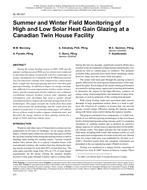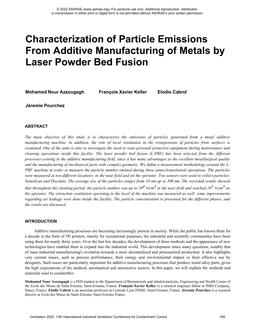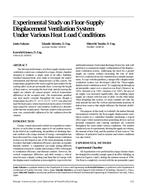Radiant floor heating with attributes such as decreasing space-conditioning loads, levelling peak loads, and exhibiting a better tie-in capability with heat pumps, is becoming a viable alternative for space heating and cooling in new or existing buildings when a retrofit is required. Generally, the retrofit is performed either by pouring a thin slab over the existing floor with the heating elements embedded in it or by attaching the heating elements to the subfloor from the joist space if accessible. A computer program was developed for space heating from the joisted subfloor. Noting the energy storage in the heated floor and exposed building elements, a quasi-steady-state thermal model was employed, justified in practice by either continuous operation with water temperature modulation or intermittent operation with reasonably short off-periods. The algorithm is capable of predicting the required mean water temperature in a hydronic system when the floor construction details, tube spacing and material, heating load, and room characteristics are known. Alternatively, with a given limitation on the supply water temperature, the system can be optimally selected by reviewing and manipulating all the pertinent design variables. Explains the model and describes the computer program with a sample design.
KEYWORDS: year 1995, computer aided design, radiant heating, floor heating, load management, designing, slabs, computer programs, space heating, space cooling, replacing,modernising, algorithms, water temperature
Citation: Symposium, ASHRAE Trans. 1995, Vol.101, Part 1, Paper number CH-95-1-1, 525-527
Product Details
- Published:
- 1995
- File Size:
- 1 file , 1.3 MB
- Product Code(s):
- D-17264


